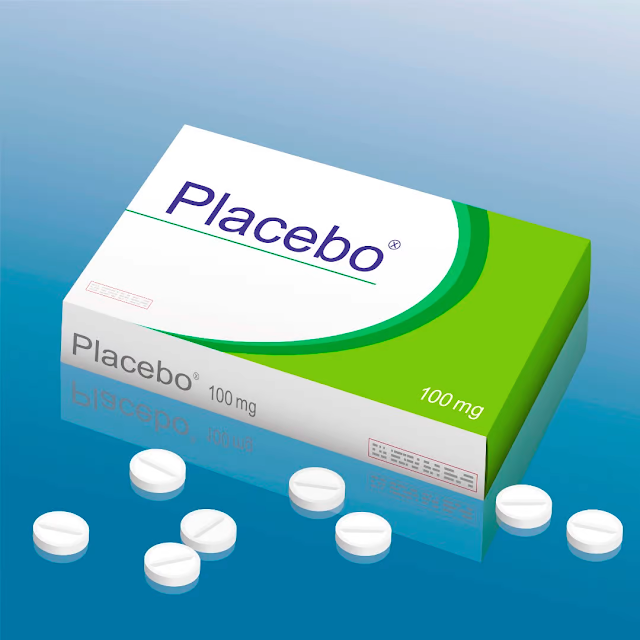Myths about DV/IPV
By Natasha Jackson
Natasha has worked in the mental health field for the past ten years, with experience in both residential and outpatient settings, treating adolescents, adults, families, and couples. As a Black Therapist, she sees the value of representation in the mental health field, and finds unique opportunities to support her clients who can often feel misunderstood by therapists who may not share this aspect of their identity. Natasha is also passionate about working with members of the following communities: body positivity, LGBTQ+, racial justice, military spouses, and single mothers.
1. “It Only Happens to Certain People”
There’s a myth that DV/IPV only affects specific groups, such as those from lower-income backgrounds or specific communities. In reality, DV/IPV cuts across all demographics—race, gender, socioeconomic status, sexual orientation, and cultural backgrounds. Wealth or status may simply shield the abuse from public view.2. “It’s Just Physical Violence”
Some may associate abuse solely with physical harm, but DV/IPV encompasses a wide range of behaviors, including emotional, psychological, financial, and sexual abuse.3. “If It Were Really That Bad, They’d Leave”
This misconception dismisses the complexity of abusive relationships. Individuals often face significant barriers to leaving, such as fear for their safety, financial dependence, cultural expectations, or concern for their children. Additionally, one may stay because they still love their partner and hope the behavior will change.4. “Abusers Are Always Monsters”
Abusers are often perceived as inherently evil or angry individuals. However, many abusers can appear charming, loving, or well-respected in their communities. This duality can make it harder for one to come forward or for others to believe their experiences.5. “Abuse Stops When the Relationship Ends”
Leaving an abusive relationship doesn’t always end the abuse. Individuals may face continued harassment, stalking, or violence after leaving, particularly if children are involved.6. “Substance Abuse Causes Domestic Violence”
While alcohol or drug use may exacerbate abusive behavior, it does not cause abuse. Abuse stems from a desire for power and control, and many abusers act violently regardless of substance use. Focusing on substance abuse as the cause can shift responsibility away from the abuser.7. “Only Women Are Victims of Abuse”
A common misconception is that only women are victims of DV/IPV. Societal stigma often prevents other survivors from seeking help or being believed. For example, men, including those in heterosexual and same-sex relationships, can and do experience abuse.8. “It Was Just a One-Time Incident”
Abuse is rarely an isolated event. DV/IPV often follows a pattern, including cycles of tension, abuse, and reconciliation, known as the “cycle of abuse.” One incident is often a precursor to ongoing patterns of control and violence.9. “Therapy Can Fix an Abuser”
While therapy can help some individuals address unhealthy behaviors, true change requires the abuser to acknowledge their actions and take full responsibility. Relationship therapy is generally not recommended in abusive situations, as it can perpetuate power imbalances.10. “Children Aren’t Affected If They Aren’t Directly Abused”
Even when children are not the direct target of abuse, witnessing violence in the home can have long-term psychological, emotional, and behavioral effects. They may develop anxiety, depression, or trauma responses and struggle to build healthy relationships later in life.For additional support and services, please call the National Domestic Violence Hotline: 800-799-7233. In addition, Mira Costa Counselors are available in the Student Health Services office: Oceanside Health Services at 760.795.6675
San Elijo Health Services at 760.757.2121 x7747




Comments
Post a Comment